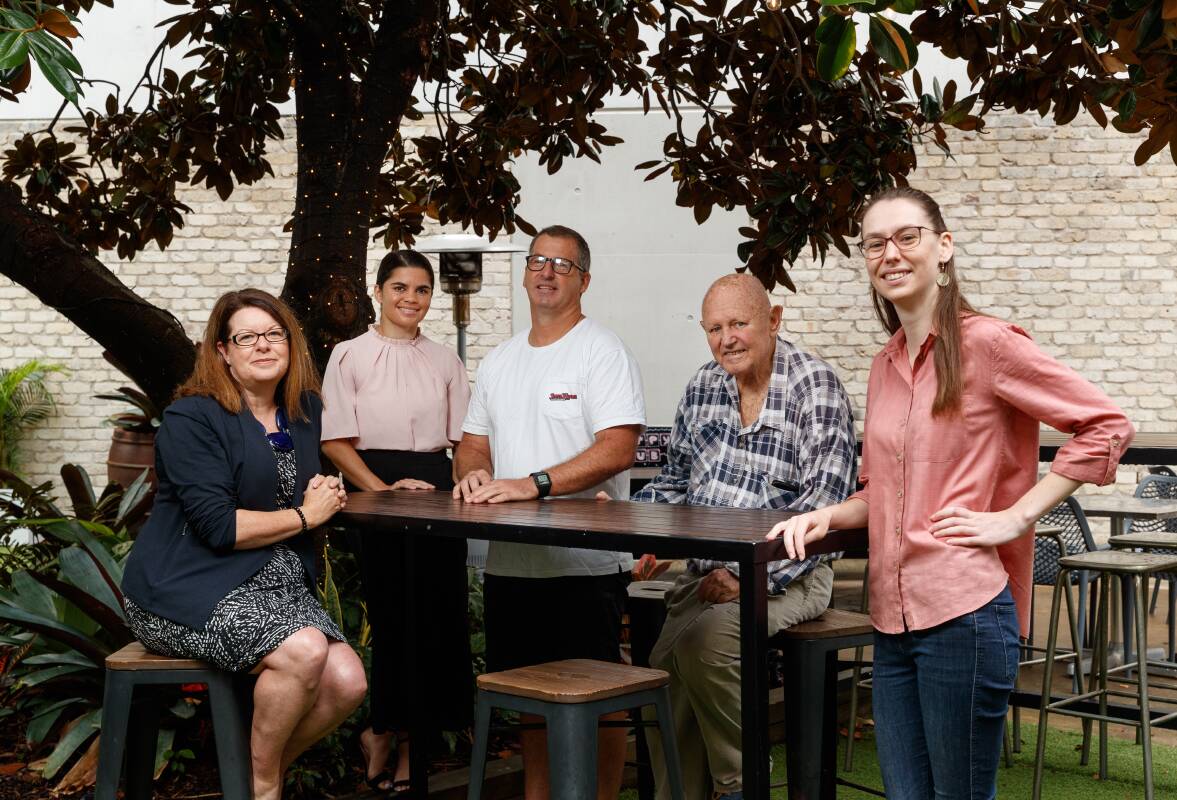
ENVIRONMENT, economics and poorly received housing policy have dominated the final Pub Test discussion ahead of this weekend's election-day decision.
The Pub Test panel is a small cross-section of Newcastle Herald readers who have given their "real-world" perspective on the 2022 federal election campaign as it has unfolded.
With mere days until Australia decides its fate, and punters across the nation wrap their laughing gear around a long-awaited "democracy sausage", we asked our panellists what issue is going to be front of mind as they vote on Saturday.
For readers familiar with the Pub Test panel, it will come as no surprise that renewable energy engineering student Jasmine Stuart and conveyancer Leah Stevens - both Greens voters - each said climate action was highest on their list of priorities.
"Anything else in life doesn't really matter if we've destroyed the planet," Ms Stevens said.
Ms Stuart said "ordinary" Australians' cost of living was another concern.
"The Liberal party seems to be focused on helping big business and those already well off," Ms Stuart said. "It's important for me that the next leader prioritises the role of government in redistributing wealth to those people who need it most."
As a 21-year-old university student, Ms Stuart is in the "young people" demographic who have been the focus of recent housing policy.
Earlier this week, the Prime Minister announced a plan which would allow first home buyers to use up to $50,000 from their superannuation to buy a home.
"ScoMo is saying to young people that if we want to get into the housing market, it will come at the expense of our retirement savings," Ms Stuart said.
"Surely this will cost the government more when they need to pay people's pensions who don't have retirement savings anymore."
Ms Stevens, owner of Stevens Conveyancing, said the policy "terrifies" her.
"I'm dealing with first home buyers every day and, yes, properties are expensive and home loans are high, but letting people dip into their superannuation is asking for trouble," she said. "It also doesn't address the fundamental issue of housing affordability."
The "last-ditch" scheme did not pass the Pub Test for any of our panellists. Coalminer Bernie Wilson called it a "stop-gap, flimsy policy that will have really bad effects later on down the track" and Gordon Grainger, a dyed-in-the-wool Liberal, did not back the idea either.
Due to the lack of a Liberal candidate in his electorate of Lyne, Mr Grainger will be voting for Nationals candidate Dr David Gillespie.
With a "steady as she goes" attitude, Mr Grainger said the nation "cannot afford to risk" Mr Albanese becoming Prime Minister.
"Albanese's reactions to questions during the campaign show that he has not done his homework. He has shown a steady stream of inefficiencies," Mr Grainger said.
While he's backing the incumbent PM, Mr Grainger has his "reservations".
"Scomo is always over the top in his activities. Photos with kids, pictures pretending to play football and referring to himself as a 'bulldozer' to name a few," he said. "He definitely won't go down as my favourite prime minister, but it's better to go with what you know."
Mr Grainger also said parties and candidates advocating for stronger action on climate change "don't have a grasp on the true direction of the country".
"The way India and China are building new power stations is indicative of the future of coal," he said.
While Mr Wilson, a worker a Myuna Colliery, said the strong thermal coal market "isn't going anywhere in the next 10 years", retraining is front of mind for him in this election.
"More funding for TAFE and a focus on jobs for regions like Muswellbrook and Singleton," he said. "It has also started to become evident during the pandemic that we are reliant on importing, and I think Labor really wants to get back into making products in Australia. That is money that stays in our economy."
Like Mr Grainger, Mr Wilson said economic performance was a major issue. However, unlike the 82-year-old retiree from Tea Gardens, Mr Wilson said the current government had a "poor" economic history.
"The two things they have hung their hats on are national defence and economic performance. They have failed at both," Mr Wilson said. "What we see is that inflation is basically double what wages are rising at."







